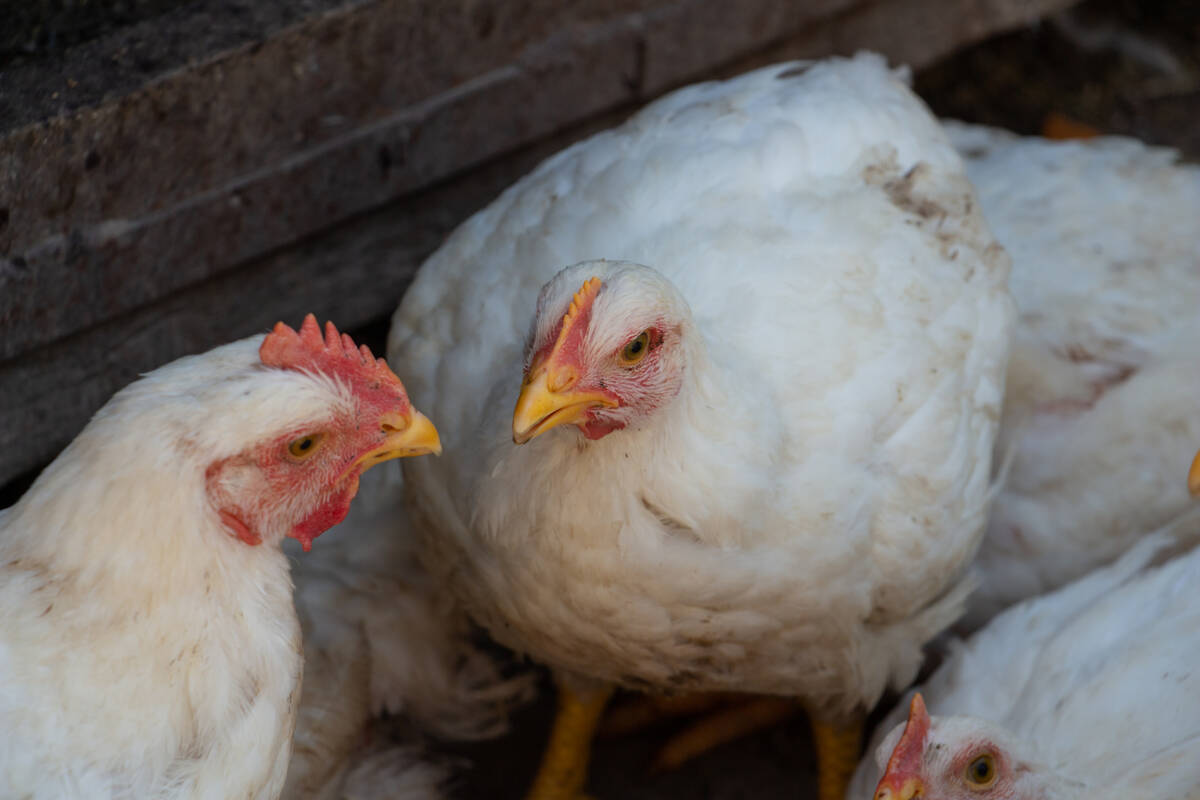Canada still has a good shot at ratifying its trade deal with the European Union, despite turmoil within the EU, according to Canadian government officials.
The United Kingdom’s recent referendum vote to leave the EU doesn’t legally change the ratification of the Canada/EU Comprehensive Economic Trade Agreement (CETA) in any way, a federal official said speaking on background during a media briefing Wednesday.
“CETA is an agreement between Canada and the European Union,” said the official — and if all goes as expected, CETA would come into effect while the U.K. is still a member of the EU.
Read Also

Chicken, eggs benefit from demand for economical protein
Strong demand for protein and status as an economical alternative to beef bodes well for chicken and egg demand in 2026 according to recent analysis from Farm Credit Canada.
“And any future arrangements between Canada and the United Kingdom will depend, first of all, on the kind of agreement that is worked out between the United Kingdom and the European Union.”
The EU will review CETA this summer, and Canada expects the European Council will take a decision on CETA “in the early fall.”
After that, the European Parliament will review the trade agreement. A vote of 50 per cent plus one means the agreement will be ratified. Canadian officials hope the European Parliament will sign off on CETA by early 2017.
“As a mixed agreement, CETA will then have to be approved by all member states, according to their own internal procedures.”
But the European Commission has proposed the entire agreement be provisionally applied, meaning it could come into effect before individual member states approve the agreement. Any provisional applications need to be worked out by the European Commission and member states.
Asked whether that scenario is realistic given the turbid political situation inside the EU, the official responded that “it’s entirely realistic.”
That confidence is based on discussions with influential EU member states, plus the EU’s past treatment of trade agreements such as with South Korea. That agreement has been in place since 2011.
The EU may decide not to provisionally apply all elements of CETA before individual member states have a chance to vote on the agreement.
Canadian officials expect most economic issues to be covered provisionally, but there is contention around some issues related to transportation, recognition of professional qualifications, labour, environmental protection, fishing and investment.
“On the Canadian side, we have no desire to interfere in that internal process,” said one official. “But from our perspective, if there are elements that are not going to be provisionally applied, we will simply match those and not apply those elements in our implementation of the CETA either.”
Pressed by reporters on what would happen if not all national parliaments ratify the trade agreement, the official said that has never happened.
“We would have to wait to see how exactly that would unfold. It may just be a matter that the agreement would continue under provisional application indefinitely.”
No renegotiation of ag tariffs
With the U.K. accounting for one-third of Canada’s exports to the EU, reporters questioned whether some details would be renegotiated.
Asked whether Germany and France would look at lowering pork and beef quotas since the U.K. was leaving, officials said they would be monitoring that carefully. Canada’s position is that the trade agreement doesn’t need to be changed.
Canada wouldn’t be looking at lowering cheese tariff quotas either, as the U.K. was not a major player on the cheese issue, said officials.
Focusing on such issues could open the door to renegotiating numbers in those areas, and “then there is a very strong risk that the entire agreement starts to unravel.”
CETA negotiators also had parallel discussions on handling non-tariff issues including everything from biotechnology to carcass-washing methods. The U.K. was one of Canada’s allies in pushing for science-based decisions.
However, several other allies remain who favour science-based decisions, officials said. CETA also spells out the need for specific processes to handle such decisions.
Canada won’t be any worse off in that regard if the U.K. leaves the EU, they said. — AGCanada.com Network















